The United Nations human rights office has called on Ghana to suspend the deportation of a group of migrants recently sent from the United States, despite having court-ordered protections against being returned to their home countries, where they face the risk of torture.
The request, issued on behalf of the UN’s Committee Against Torture, places diplomatic pressure on Ghana to uphold international humanitarian obligations under the Convention Against Torture, a treaty ratified by both Ghana and the United States.
The move also underscores concerns that the aggressive deportation strategy pursued by former US President Donald Trump could breach international law. As part of this effort, the US enlisted several African nations, including Ghana, Rwanda, Uganda, South Sudan, and Eswatini to accept so-called “third-country” deportees, individuals who are not their own citizens.
In a letter dated 22 September, the UN urged a “state party” to pause deportations while it considered a formal complaint under the convention. The letter, later shared with The New York Times by Patrick Taurel, a lawyer for the deportees, identified Ghana as the state in question.
Earlier in the month, Judge Tanya S. Chutkan of the Federal District Court in Washington had criticised the Trump administration for attempting to sidestep court-ordered protections. These protections had been granted after immigration judges ruled that the migrants were more likely than not to suffer persecution, torture, or death if returned to their home countries. Despite her criticism, Judge Chutkan ruled she lacked jurisdiction once the migrants were removed from the United States.
Neither Ghana’s Embassy in Washington nor the US Department of Homeland Security has commented on the matter.
The case involves five migrants deported to Ghana on 5 September under a third-country deportation arrangement. According to sworn statements, they were informed by both US and Ghanaian officials that they would eventually be sent from Ghana to their home countries, despite the existence of protective orders.
Court documents used only initials and nationalities to identify the migrants. One, identified as D.A., said he had been beaten and tortured by Nigerian security forces who threatened to kill him if he ever returned. Another, K.S., a bisexual man from Gambia, has reportedly already been sent from Ghana to his country, where same-sex relationships are criminalised with penalties of up to life imprisonment.
As of 15 September, four of the migrants were reportedly held at a remote detention facility in Ghana known as Dema Camp. Lawyers for the group declined to confirm whether they were still being held in Ghana, citing safety concerns. The migrants described harsh conditions both during their deportation flights from the US and at the camp.
They alleged that on 5 September, while in US detention, they were woken in the night, shackled, and put on a military cargo plane without being given the chance to contact relatives or legal counsel. Some were allegedly placed in straitjackets for up to 16 hours. D.A. claimed his restraints were so tight that he has had difficulty walking since.
The controversial practice of third-country deportations has faced multiple legal challenges in US courts. In June, the US Supreme Court allowed a group of deportees held at an American base in Djibouti to be sent on to South Sudan, overturning a lower-court ruling that they should first be heard regarding the risk of torture.
Lawyers argue that the UN committee’s intervention could have wider implications, particularly if it undermines the “diplomatic assurances” provided by governments to the United States that deportees would not face abuse.
Gianna Borroto, a member of the deportees’ legal team, said the UN’s action “should serve as a stark warning to other African nations considering entering into similar agreements with the United States.”
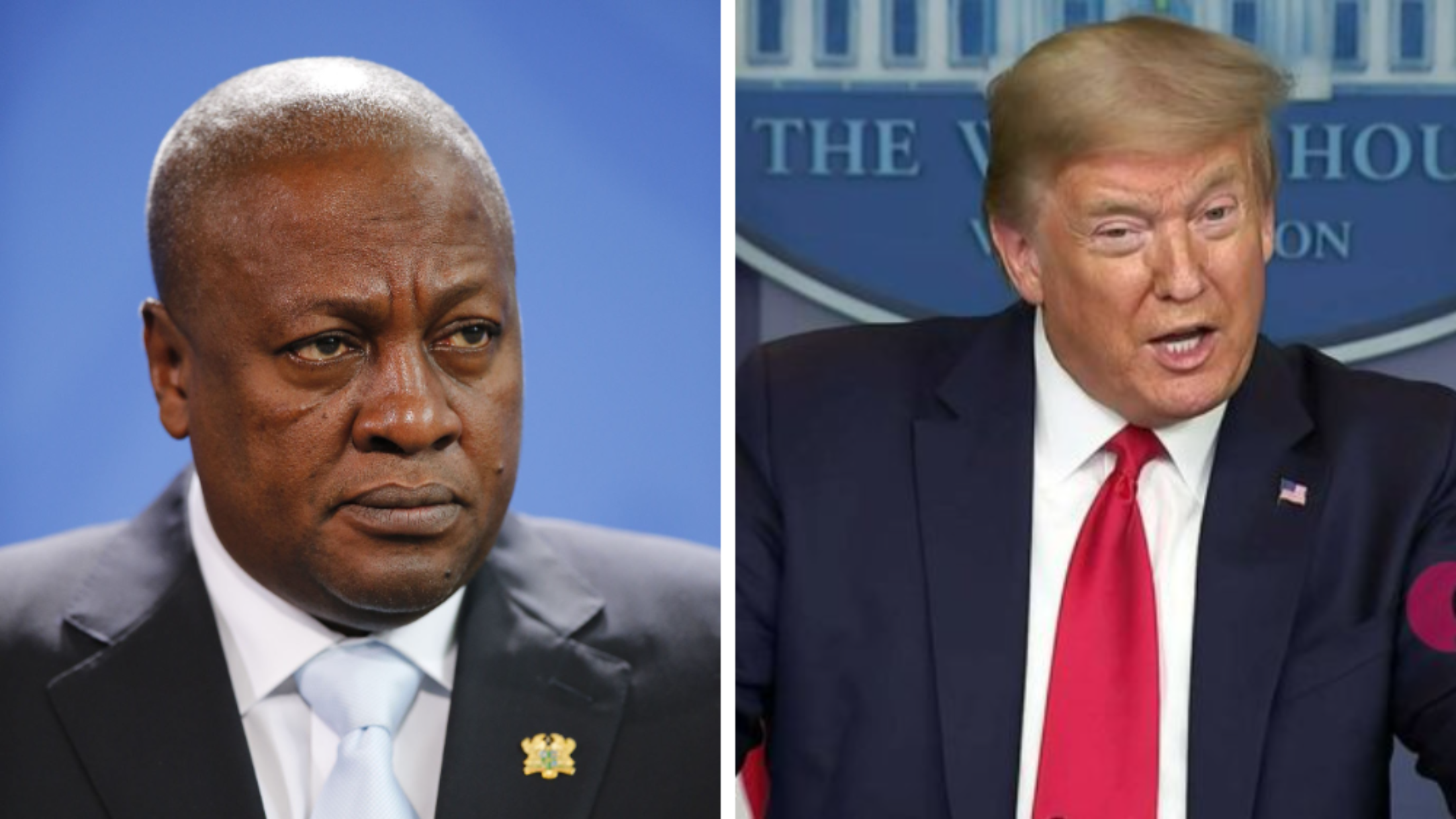
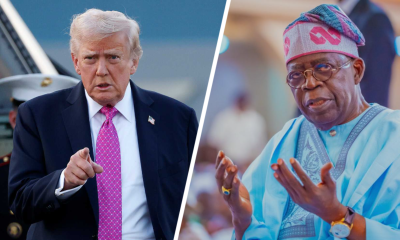
 World News3 months ago
World News3 months ago
 News2 months ago
News2 months ago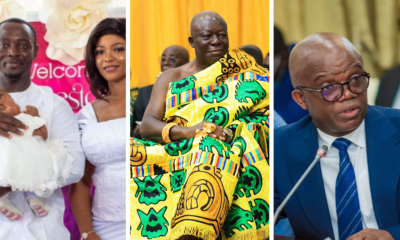
 News2 months ago
News2 months ago
 Health2 months ago
Health2 months ago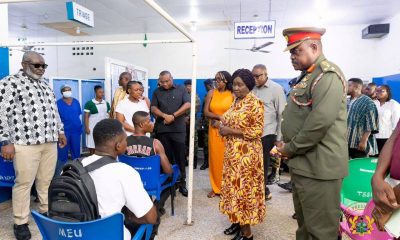
 News2 months ago
News2 months ago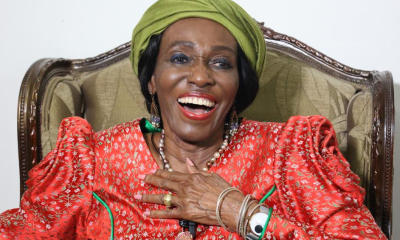
 News3 months ago
News3 months ago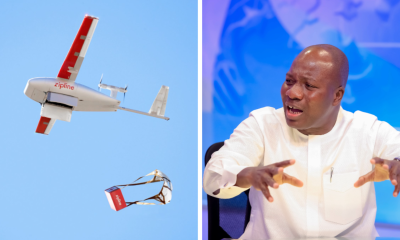
 News2 months ago
News2 months ago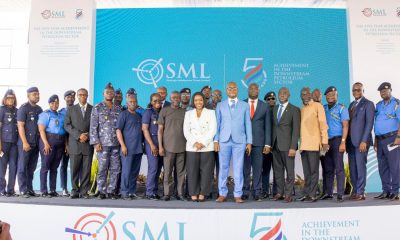
 News3 months ago
News3 months ago
